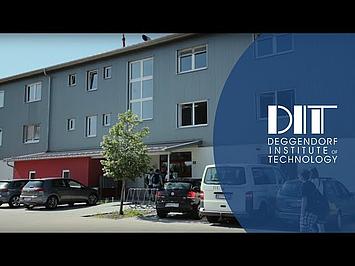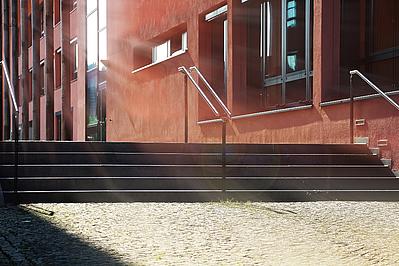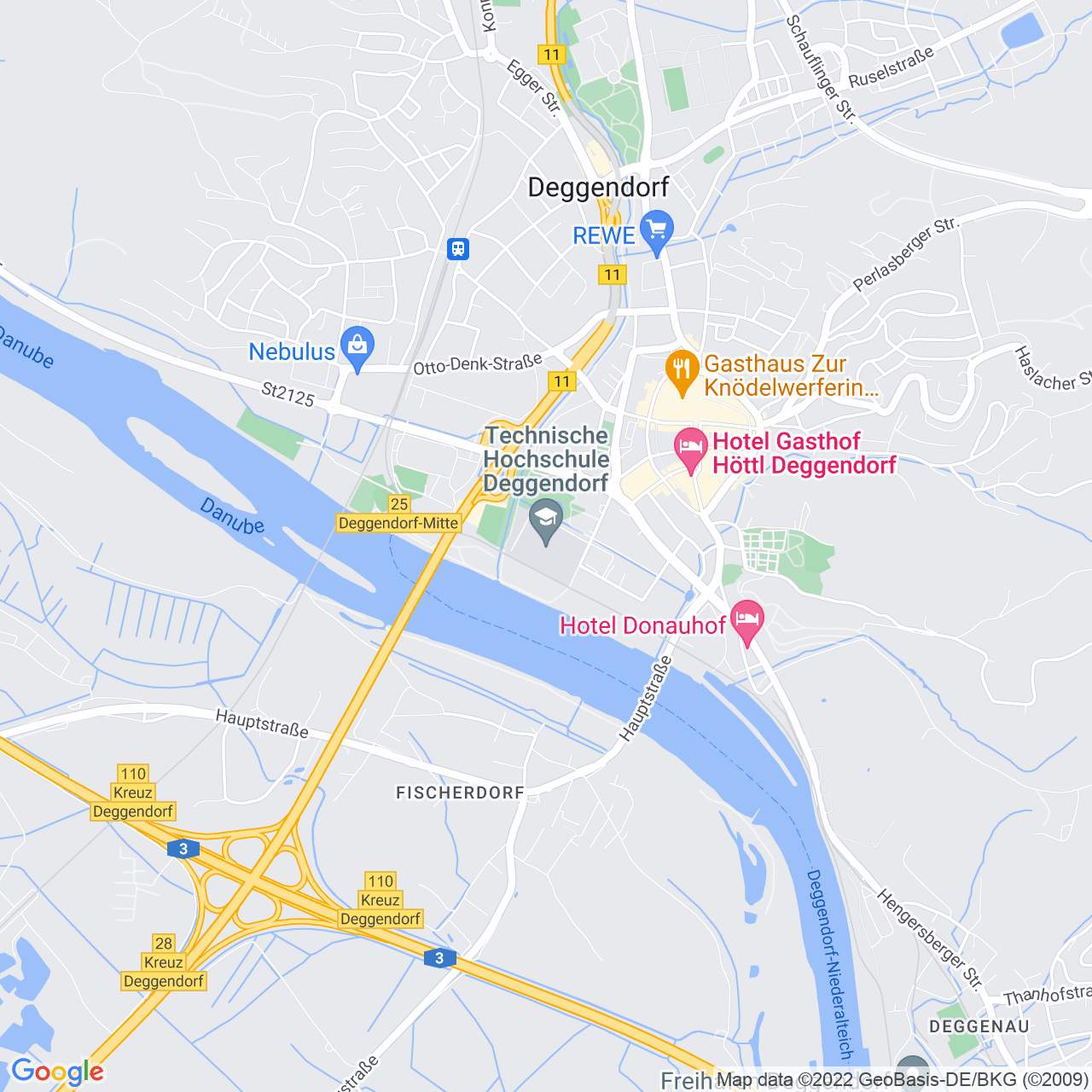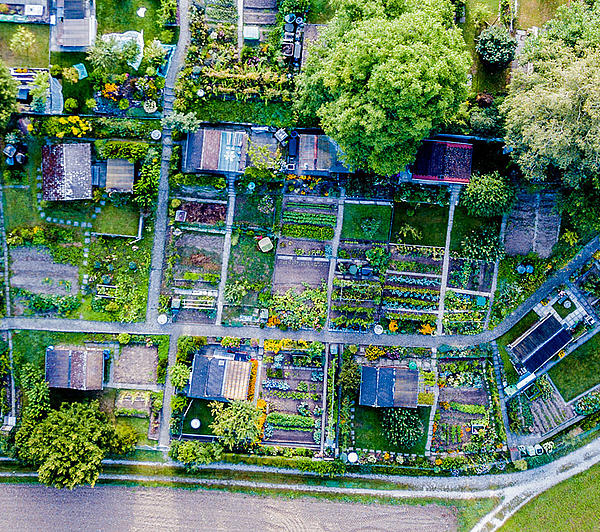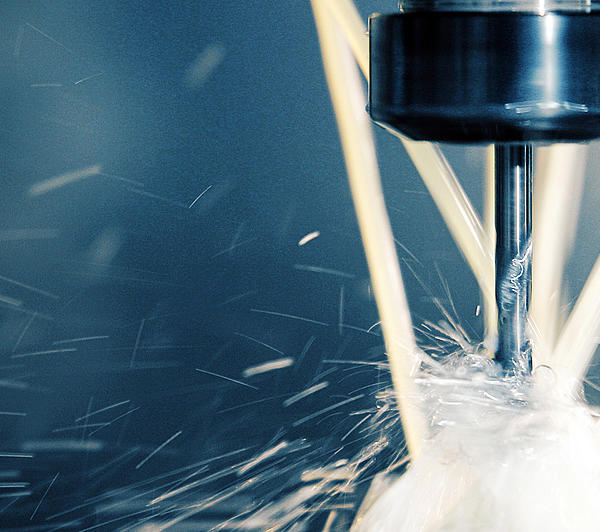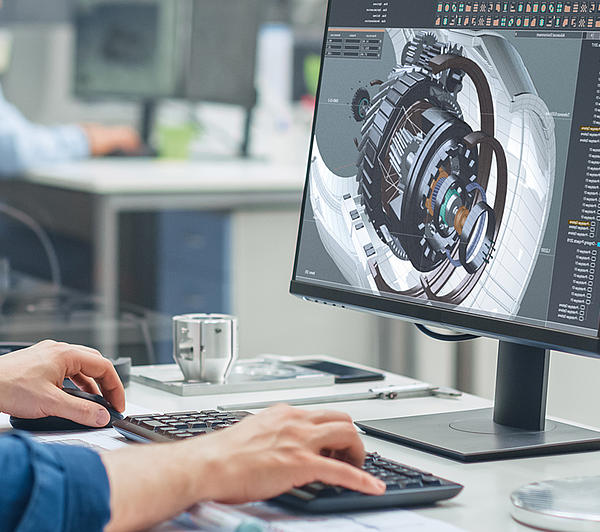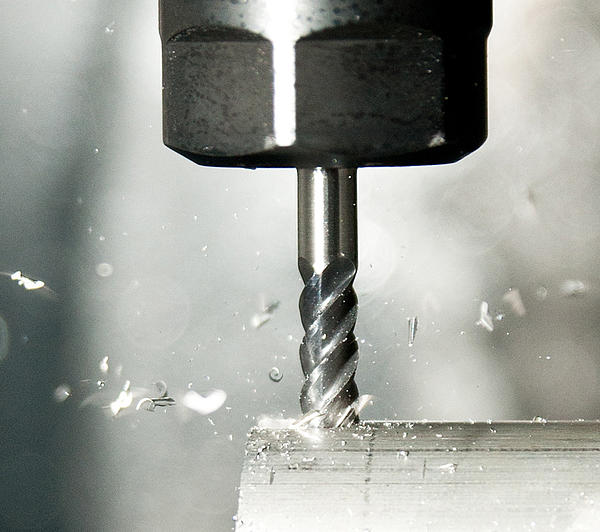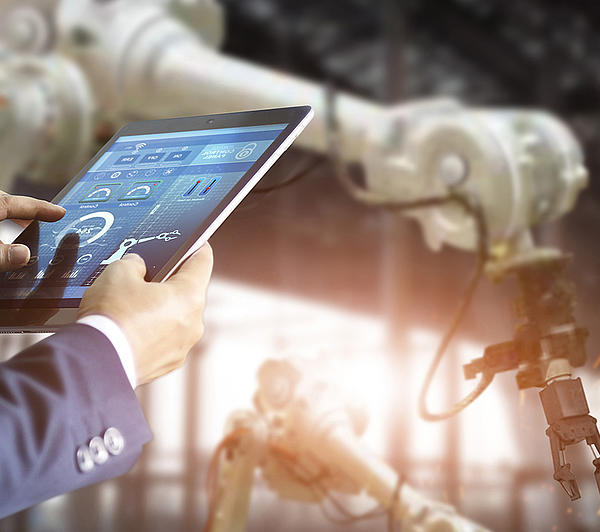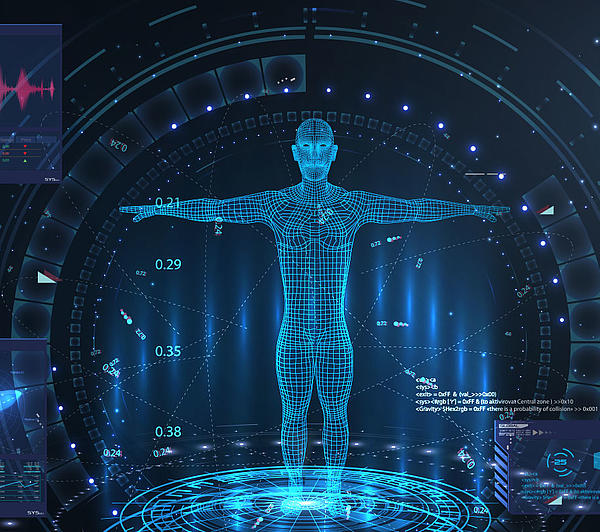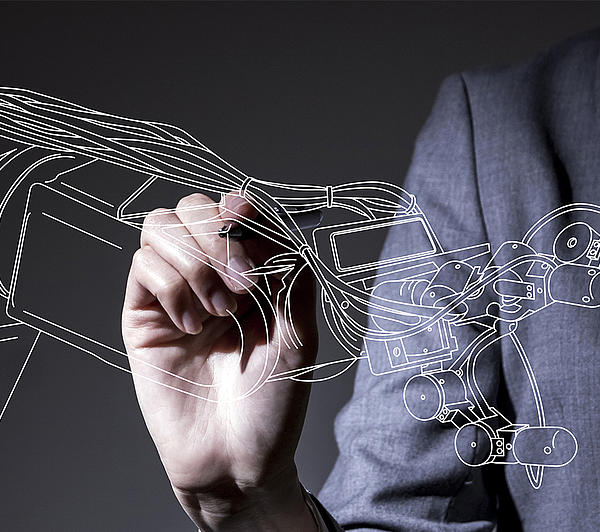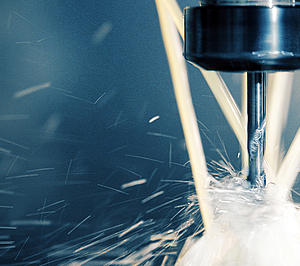Interested in a career in the field of energy and resource efficiency?
Those who are interested in a career in the field of energy and resource efficiency will soon become aware that both a sound technical and economic knowledgebase is necessary. Those who are also interested in renewable energies, engineering and its maintenance, repair and operation in connection with economic viability and project management, are suited to the Bachelor of Industrial Engineering programme. These particular aspects are the focus of this bachelor degree in Industrial Engineering / Maintenance and Operation at the European Campus Rottal-Inn in Pfarrkirchen.
A particular emphasis will be on the acquisition of fundamental knowledge in the areas of maintenance, repair and operation engineering and management. This includes topics such as sustainability, renewable energies, process and operation technology, IT in plant and equipment engineering (Industry / Energy 4.0) as well as in leadership, investment and financing, business and operational processes, logistics and in maintenance, repair and operation strategies and planning. A further important component of the programme is the development of language and intercultural competencies, including the specialisation on a particular cultural and economic region.
Graduates of this degree programme will possess the best qualifications and know-how to work in national and international enviroments in fields such as facility planning and engineering; service and maintenance engineering; maintenance, repair and operation management as well as in controlling for technical fields and in project management.
Course Content
The bachelor programme in Industrial Engineering at the European Campus Rottal-Inn has a standard period of study of seven semesters, with six academic semesters and one practical semester. The sixth semester is designated as the practical semester.
Degree: Bachelor of Engineering (B.Eng.)
Duration: 7 Semesters
Course begin: Winter semester, October
Location: European Campus Rottal-Inn, Pfarrkirchen
Course language: English
Fees: no tuition fees
Admission requirements: General university entrance qualification, Language requirements
Prerequisites: Knowledge of basic mathematics and natural sciences is an advantage
1st / 2nd Semester
In the first two semesters, students acquire foundational knowledge in the natural sciences and mathematics as well as in economic fields. This includes the subjects of Mathematics for Engineering, Informatics and Technical Mechanics as well as Chemistry, Physics and Biology. In the economic field, it includes subjects such as Principles of Business Administration / Macroeconomics, Balancing, Marketing, and Law and Taxes.
There will be an emphasis on language competencies in business and technical English as well as in academic writing and research methods.
The Industrial Engineering bachelor programme is divided into two majors, Engineering and Management, starting in the third semester. The major is selected by the end of the second semester.
3rd / 4th / 5th Semester
Languages and intercultural competence as well as a focus on one economic and cultural region are integral components of the Industrial Engineering bachelor programme. For this reason, all courses and exams are conducted in English. Furthermore, a second foreign language is mandatory from the third semester on; and students should reach a Level A1, Step 3 in this language by graduation.
Starting in the third semester, mandatory and technical specialised mandatory elective modules are included in the programme. The student can select various modules depending on their chosen area of focus. Due to this matrix-style organisation, the third and fourth semesters are ideal for an exchange semester.
Mandatory subjects for both amajors are the modules Electrical Engineering, Renewable Energies, Logistics as well as Plant and Equipment Engineering. For the ‘Engineer’ major, the module Measurement and Control Engineering is mandatory and for the ‘Manager’ major, the module Investment and Financing is mandatory.
For each major, a total of 40 ECTS must be selected. In the Engineering major, the students must select from the modules Energy Technology, Process Engineering, Construction and Materials Science, Process and Work Safety, Process Optimisation and Lab Work. In the Management major, students must select from the modules Company and Operational Processes, Maintenance, Repair and Operation Strategies and Planning, Management, Political Economics, Business Planning and Start-up Management, Cost Accounting / Budgeting as well as Globalisation.
In addition, students of both majors must select 20 ECTS from the modules Sustainability, Quality Management, Leadership and Labour Law, IT in Plant and Equipment Engineering, Data Processing / Geographic Information Systems, Statistics as well as Energy Markets and Economic Geography.
In order to meet the basic requirements of the Industrial Engineering programme, 15 ECTS must be completed from modules not in the major focus areas. Both mandatory and mandatory elective courses are specified.
6th Semester – Practical semester
The relevant paragraph of the Study and Examination Regulations in the current version applies for the Bachelor Programme Industrial Engineering at the Deggendorf Institute of Technology.
The sixth semester of the programme is designated as the practical semester. It is at least 20 weeks in duration and includes an internship with a company as well as supplementary courses of instruction. In order to ensure the students’ free choice of the internship, the instruction component is condensed into two week-long blocks of supplementary courses of instruction (PLV weeks). Given a duration of 20 weeks for the practical semester, the minimum duration of the internship is 18 weeks (after deducting the two PLV weeks). It is the student’s own responsibility to comply with these time requirements.
The internship should be completed in a company that conducts both engineering and economic activities.
7th Semester
The students prepare their Bachelor thesis in the seventh semester, which should demonstrate their ability to independently complete complex tasks and to communicate them appropriately in written form. Furthermore, the student must present their work in the final presentation of the Bachelor seminar.
There is also the opportunity to complete further elective courses in the last semester. These include the module Process Optimisation as well as Energy Markets and Economic Geography; among others. Subjects such as Start-up Management, Innovation Management and International Linkages are also offered.
Upon successful completion of the Bachelor exam, students will be awarded with the academic degree “Bachelor of Engineering” (B.Eng.).
Career Prospects
The range of career prospects and application areas for industrial engineers is extremely extensive. From system configuration, project management and project controlling to innovation management, technical purchasing, sales, organization and logistics to service and maintenance engineering and maintenance management.
This degree offers students a combination of business, engineering and linguistic-cultural course content, providing a solid basis for success in the international environment. This course qualifies graduates to be capable of adapting existing and newly designed processes, methods and technologies so that energy and material resources can be saved. Thereby, future graduates will make a significant contribution in achieving the European Union objective of industrial decarbonisation.
Potential employers can be found in all sectors: from the public sector and public utilities such as electricity, gas, heat and water utilities, to industrial companies carrying out industrial processes for production. In particular, industrial companies in the Bavarian Chemical Triangle which operate a large number of chemical-technical production processes, offer excellent career opportunities for graduates. Furthermore, industrial engineers are professionals in consultancy companies, whilst MRO engineers find excellent employment prospects in power engineering management of large scale buildings and properties.
The growing renewable energy branch provides graduates of the Industrial Engineering Bachelor programme with excellent opportunities for a secure professional future.

